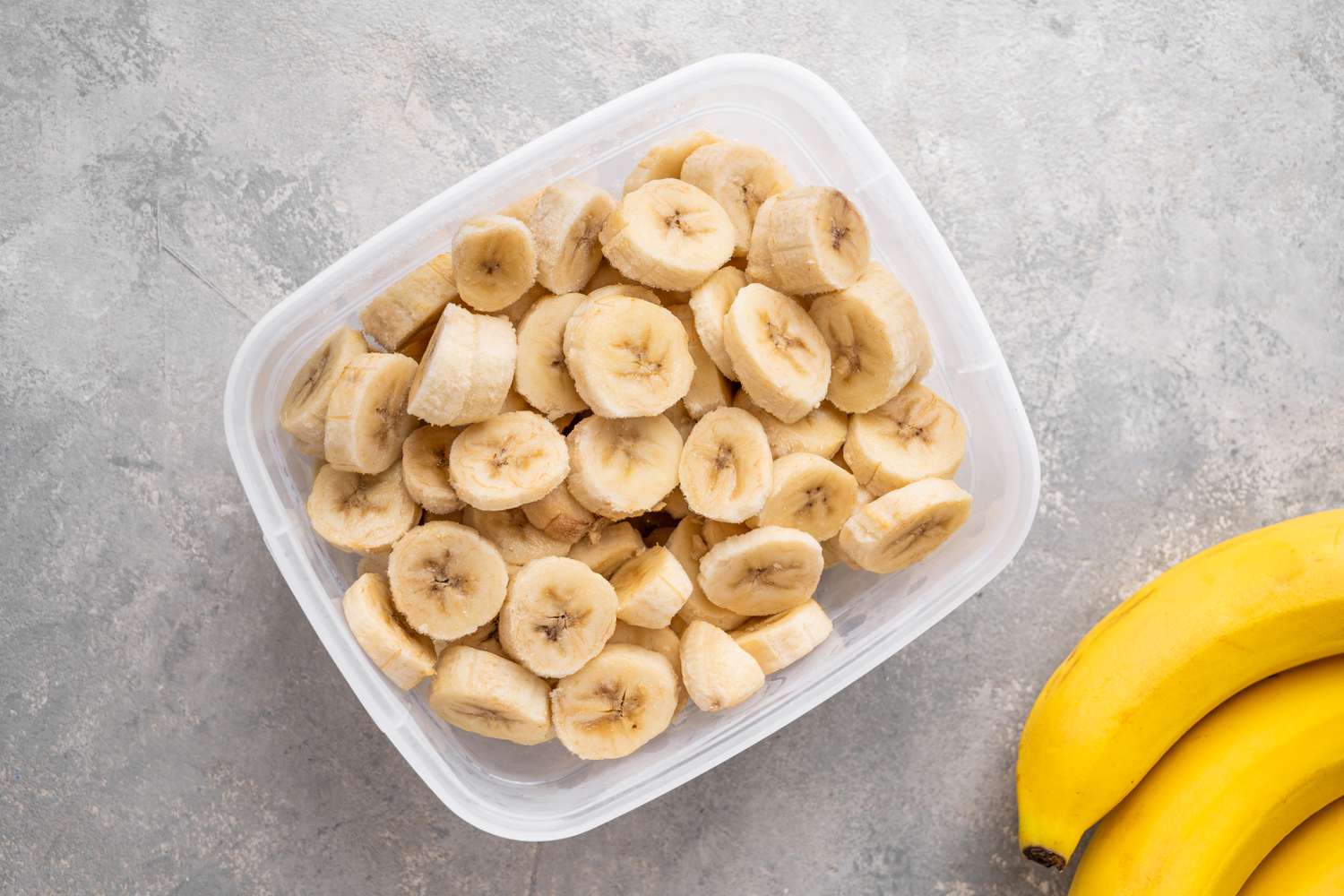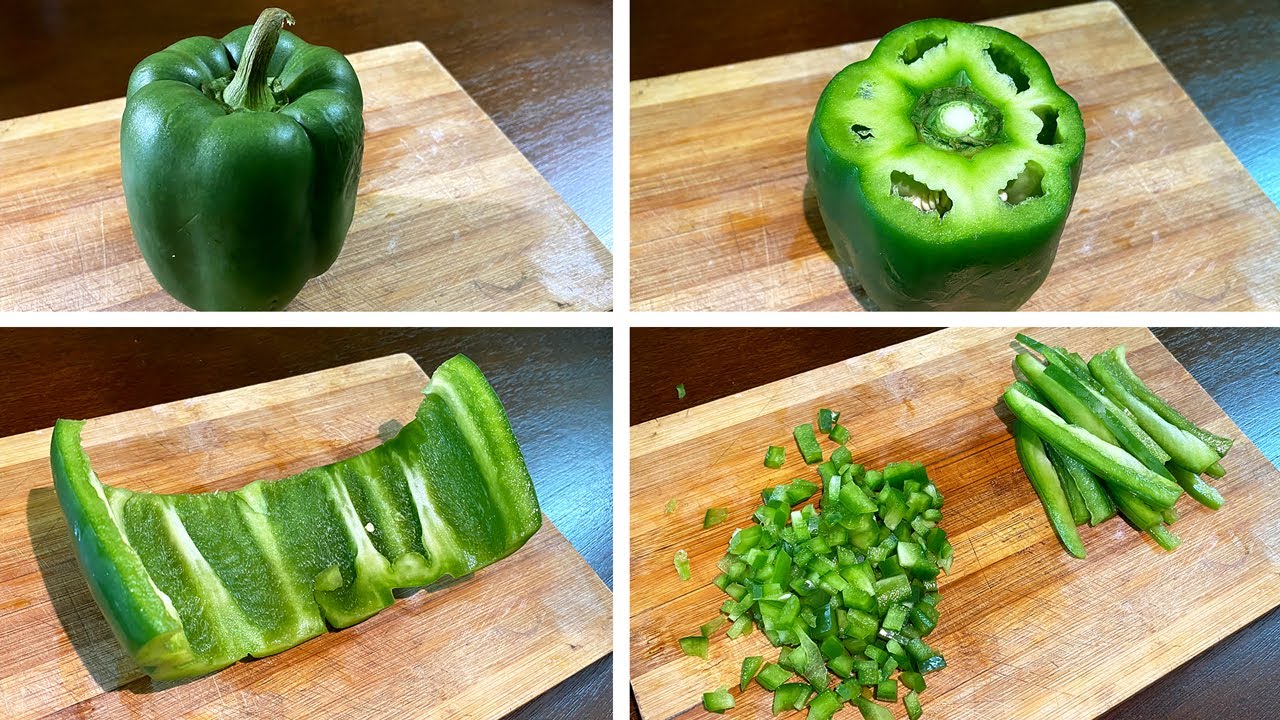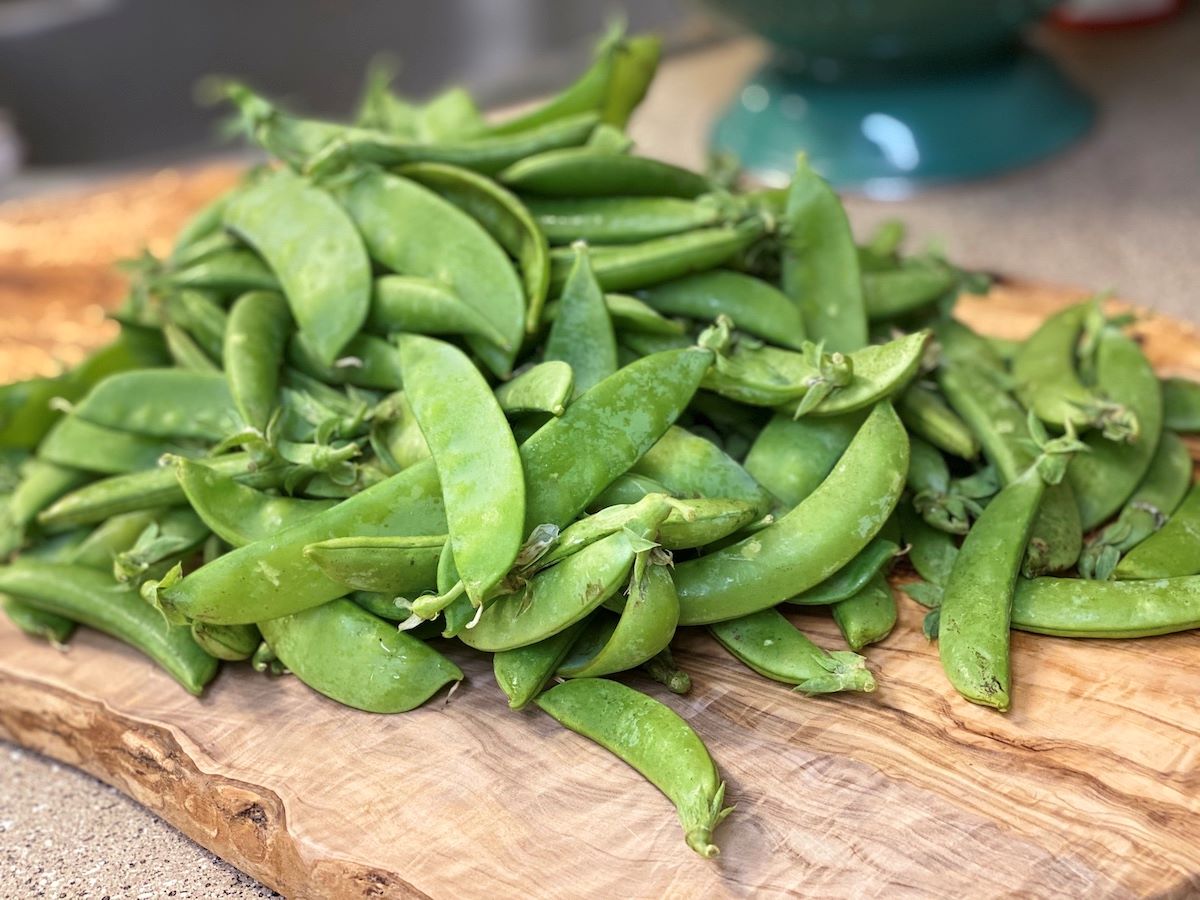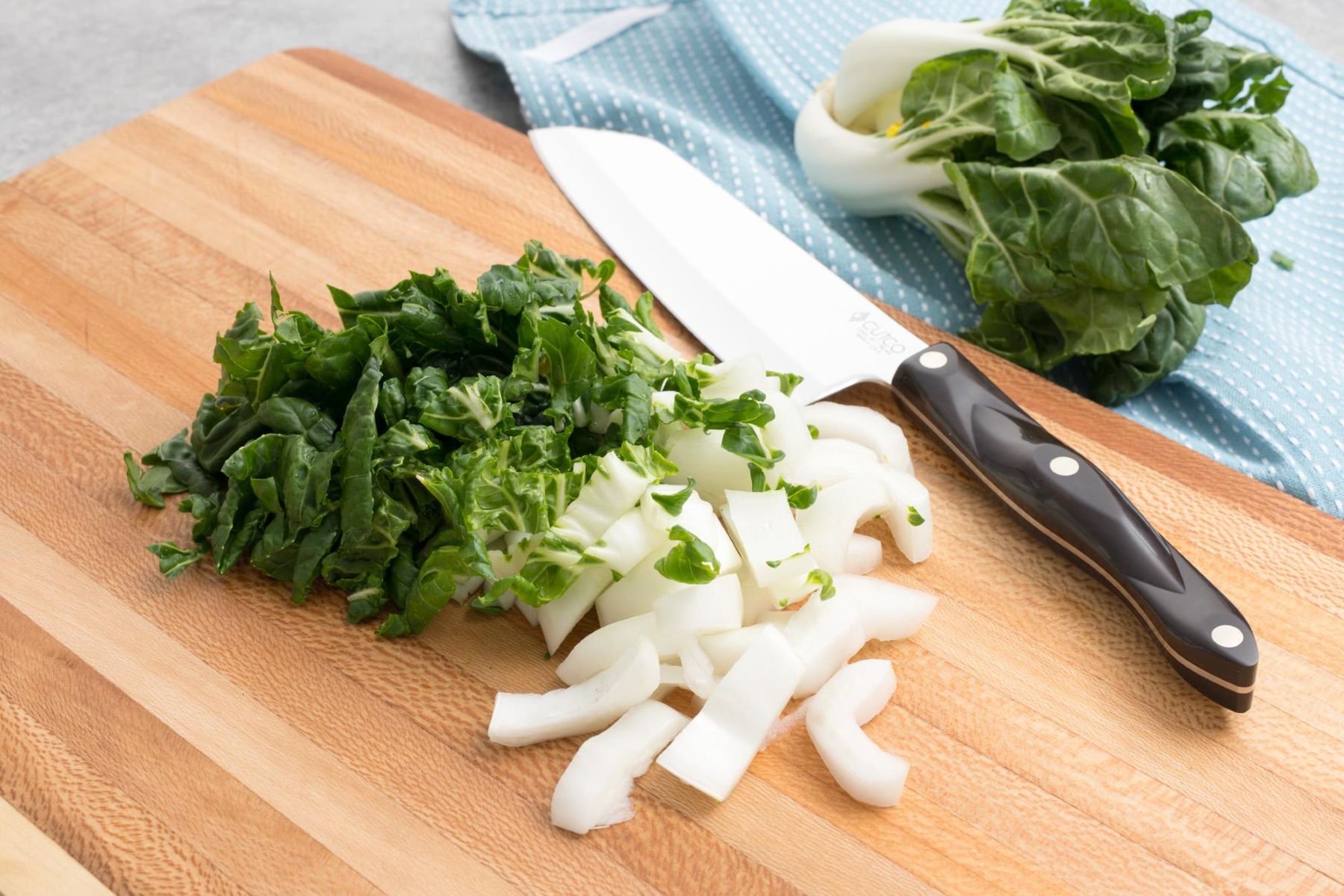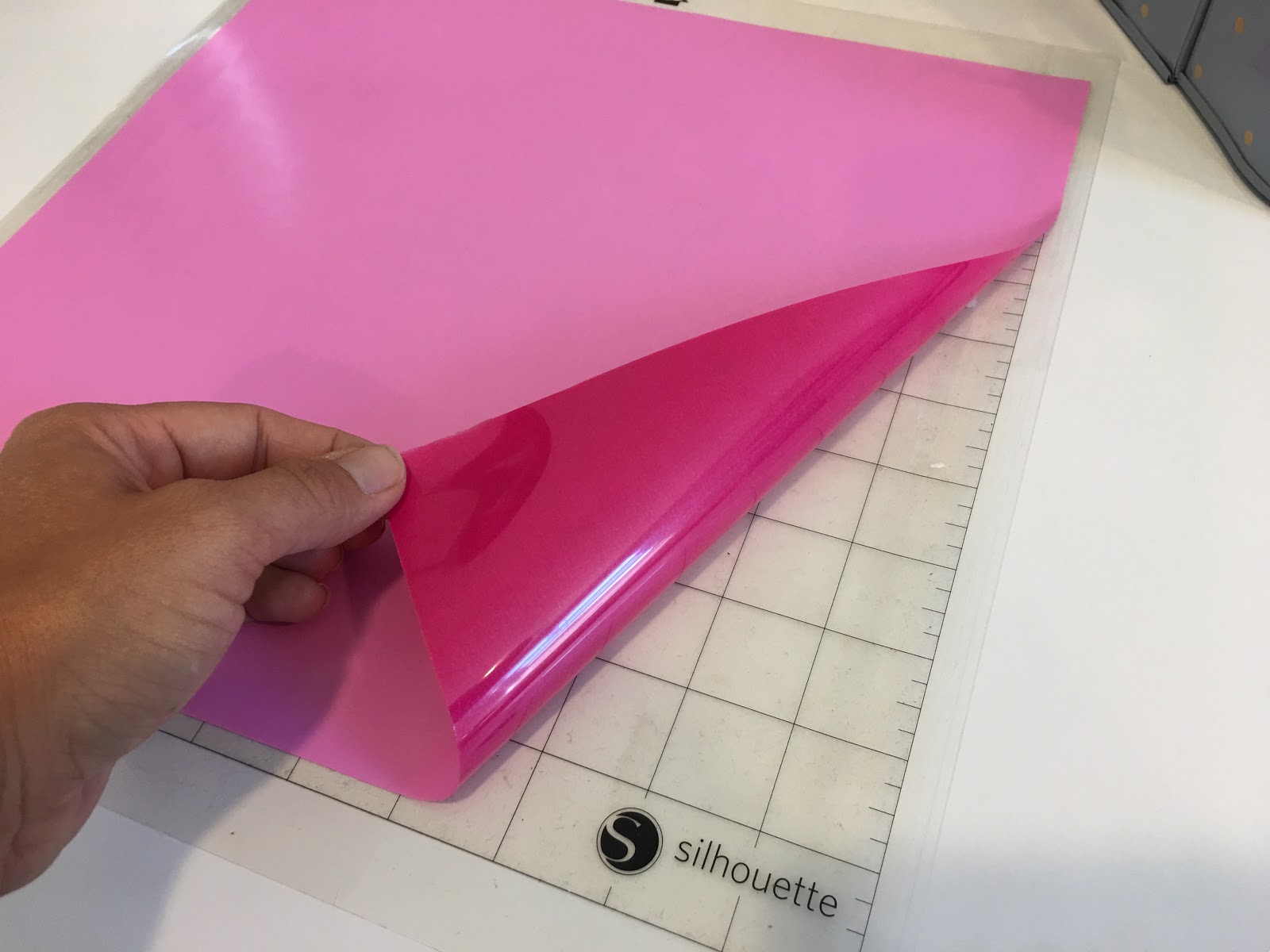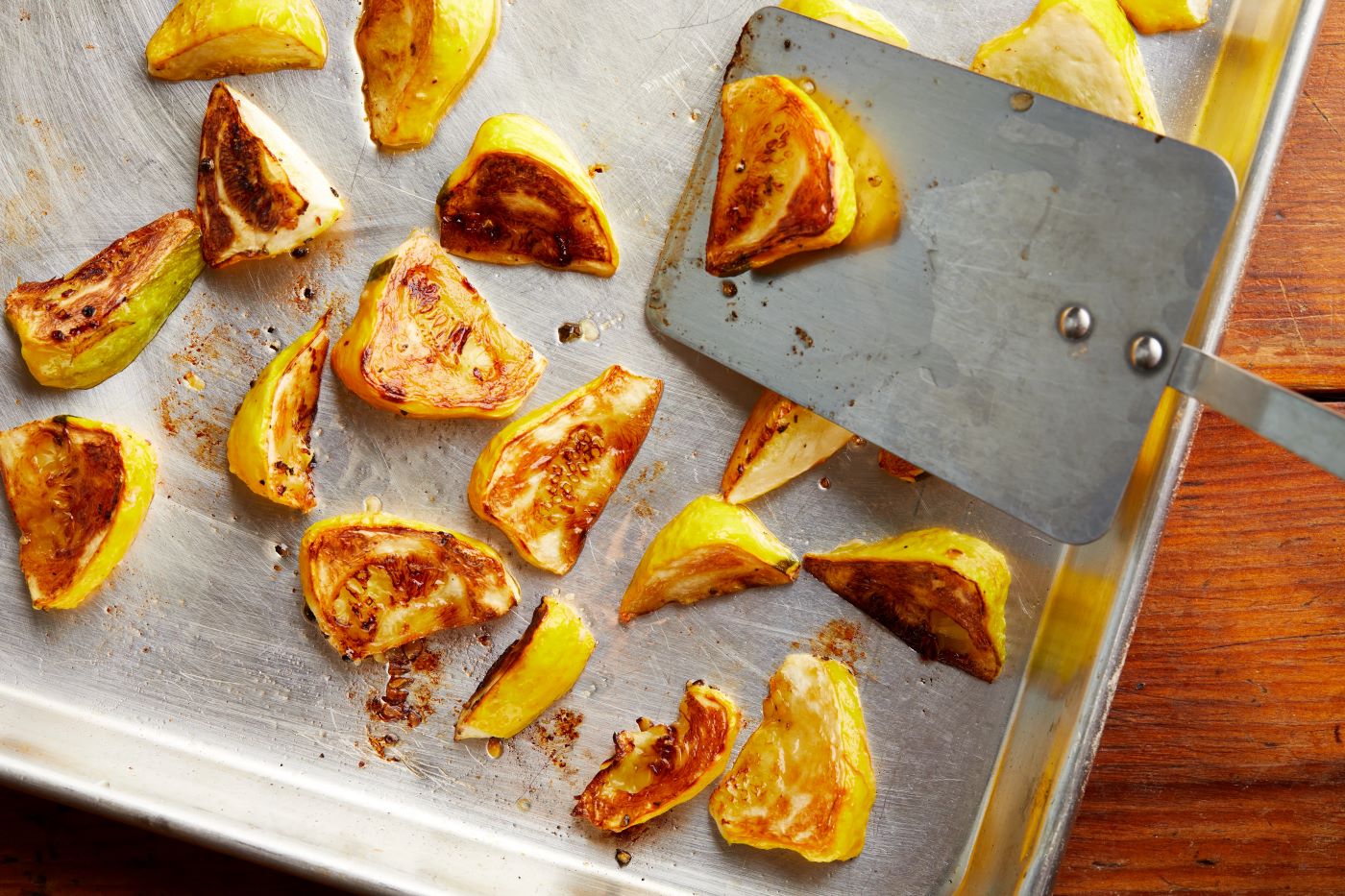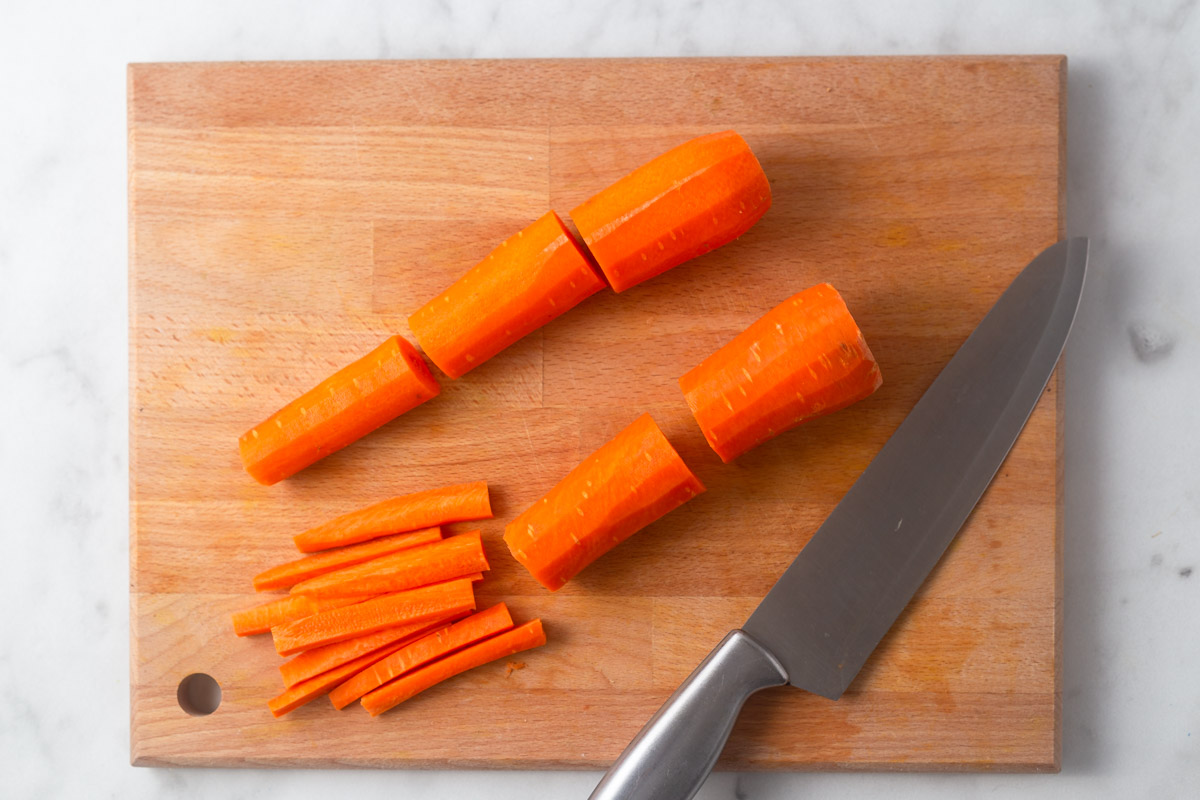How To Cut The Acidity In Spaghetti Sauce
Spaghetti sauce is a beloved staple in many households, but sometimes the acidity of the sauce can be a bit overpowering. Whether you’re looking to tone down the tanginess or balance the flavors, there are several simple tricks you can use to cut the acidity in your spaghetti sauce. In this article, we’ll explore some tried and tested techniques that will help you achieve a perfectly balanced and delicious spaghetti sauce.
1. Add a pinch of baking soda
Baking soda is a secret weapon when it comes to reducing acidity in spaghetti sauce. Just a pinch of baking soda can help neutralize the acid and bring down the overall acidity level. Remember, a little goes a long way, so start with a small amount and taste as you go.
2. Sweeten it up
Adding a natural sweetener, such as sugar, honey, or grated carrots, can help counterbalance the acidity in your sauce. The sweetness helps to mellow out the tartness and create a more well-rounded flavor. Start with a teaspoon of sweetener and adjust to your taste.
3. Use grated cheese
Adding grated cheese, such as Parmesan or Romano, not only enhances the flavor of your spaghetti sauce but also helps to reduce its acidity. The calcium in the cheese helps to neutralize the acid and make the sauce smoother. Sprinkle some grated cheese into the sauce and stir until melted.
4. Incorporate creamy ingredients
Adding creamy ingredients like heavy cream or milk can help mellow out the acidity of your spaghetti sauce. These ingredients add richness and smoothness, balancing out the tanginess. Start by adding a small amount and gradually increase to achieve the desired taste and consistency.
5. Blend in some vegetables
Vegetables like grated carrots, finely chopped onions, or bell peppers can be cooked down and added to the spaghetti sauce to reduce acidity. Not only do they add natural sweetness, but they also provide a depth of flavor and texture. Don’t be afraid to experiment with different veggies to find your favorite combination.
6. Simmer for longer
Allowing your spaghetti sauce to simmer for a longer period can help reduce the acidity by allowing the flavors to meld and mellow over time. The longer you simmer, the more the acidity will dissipate. Remember to taste and adjust the seasoning as needed throughout the cooking process.
7. Balance with a splash of acid
It may sound counterintuitive, but adding a splash of acid, like red wine vinegar or lemon juice, can actually help balance out the acidity in your spaghetti sauce. When used in small quantities, these acidic ingredients can enhance the overall taste profile and mask any overpowering tartness. Be sure to add gradually and taste as you go.
By following these simple tips, you can easily cut the acidity in your spaghetti sauce and create a perfectly balanced and delicious dish. Whether you prefer a sweeter sauce or a creamier texture, there are plenty of options to choose from. So, don’t let the acidity hold you back from enjoying a flavorful and satisfying plate of spaghetti!
Was this page helpful?
Read Next: How To Cut Open A Spaghetti Squash



